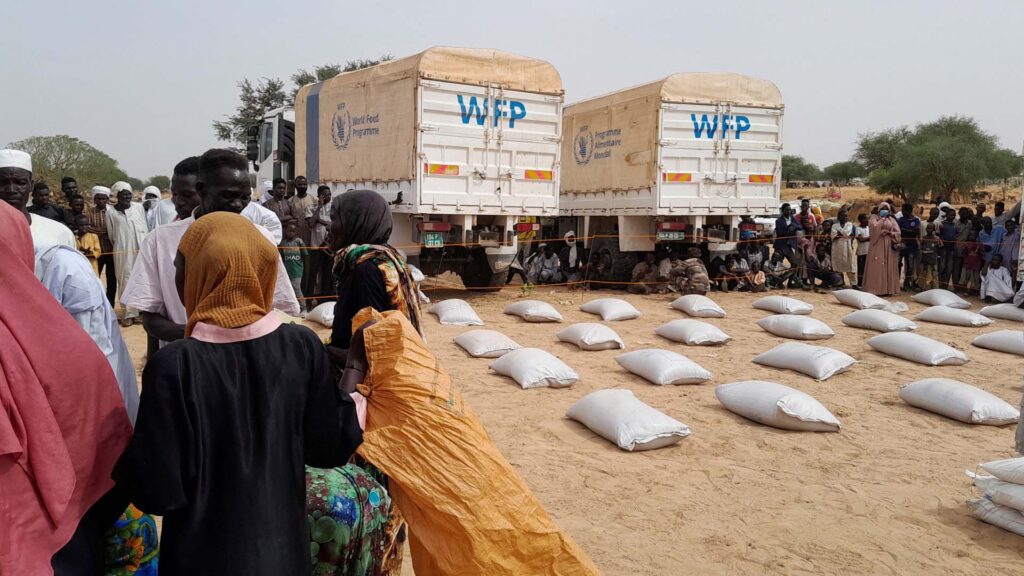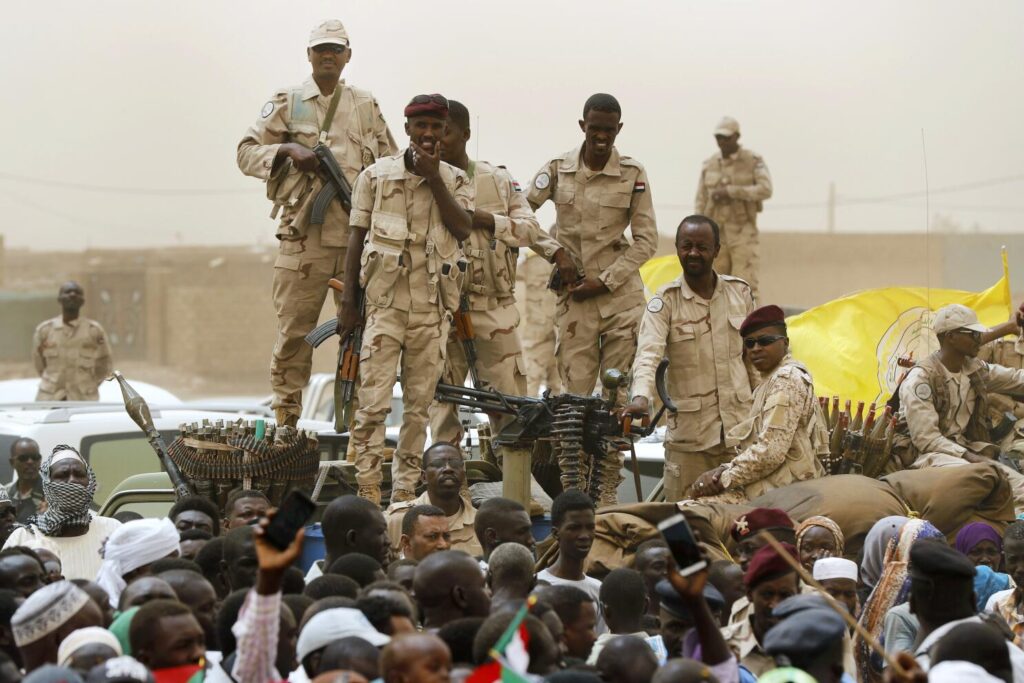The United States Department of State has announced the imposition of visa restrictions on certain South Sudanese government officials and other individuals accused of obstructing humanitarian aid to the crisis-stricken nation. This move comes in response to persistent issues surrounding the delivery of crucial assistance to a country grappling with one of the world’s most severe humanitarian crises.

State Department spokesman Matthew Miller stated on Friday that the restrictions target those responsible for taxing aid shipments and creating bureaucratic hurdles that impede the flow of humanitarian support. “Despite assurances, the government has yet to effectively reduce the unacceptably high costs, bureaucratic obstacles, and risks of providing humanitarian assistance to South Sudanese people in need,” Miller said in an official statement.
South Sudan, which gained independence in 2011, has been mired in conflict and instability for much of its existence. A devastating civil war from 2013 to 2018 resulted in hundreds of thousands of deaths, and the country continues to face challenges stemming from persistent conflict, natural disasters, and widespread poverty.

The United Nations has reported that South Sudanese authorities are currently holding up UN fuel tankers due to a tax dispute, potentially jeopardizing the delivery of millions of dollars worth of aid during this critical humanitarian crisis. This situation has raised alarm bells within the international community and prompted the U.S. to take action.
Miller expressed concern about the South Sudanese government’s commitment to its obligations under the 2018 peace agreement, which included provisions for facilitating humanitarian assistance. “This raises questions about its willingness and capacity to abide by its 2018 peace agreement commitment to create an enabling environment for the delivery of humanitarian assistance and protection,” he added.
The visa restrictions will render those targeted ineligible for entry into the United States. While the State Department did not release specific names or the number of individuals affected, the measure is seen as a significant diplomatic step to pressure the South Sudanese government into action.



